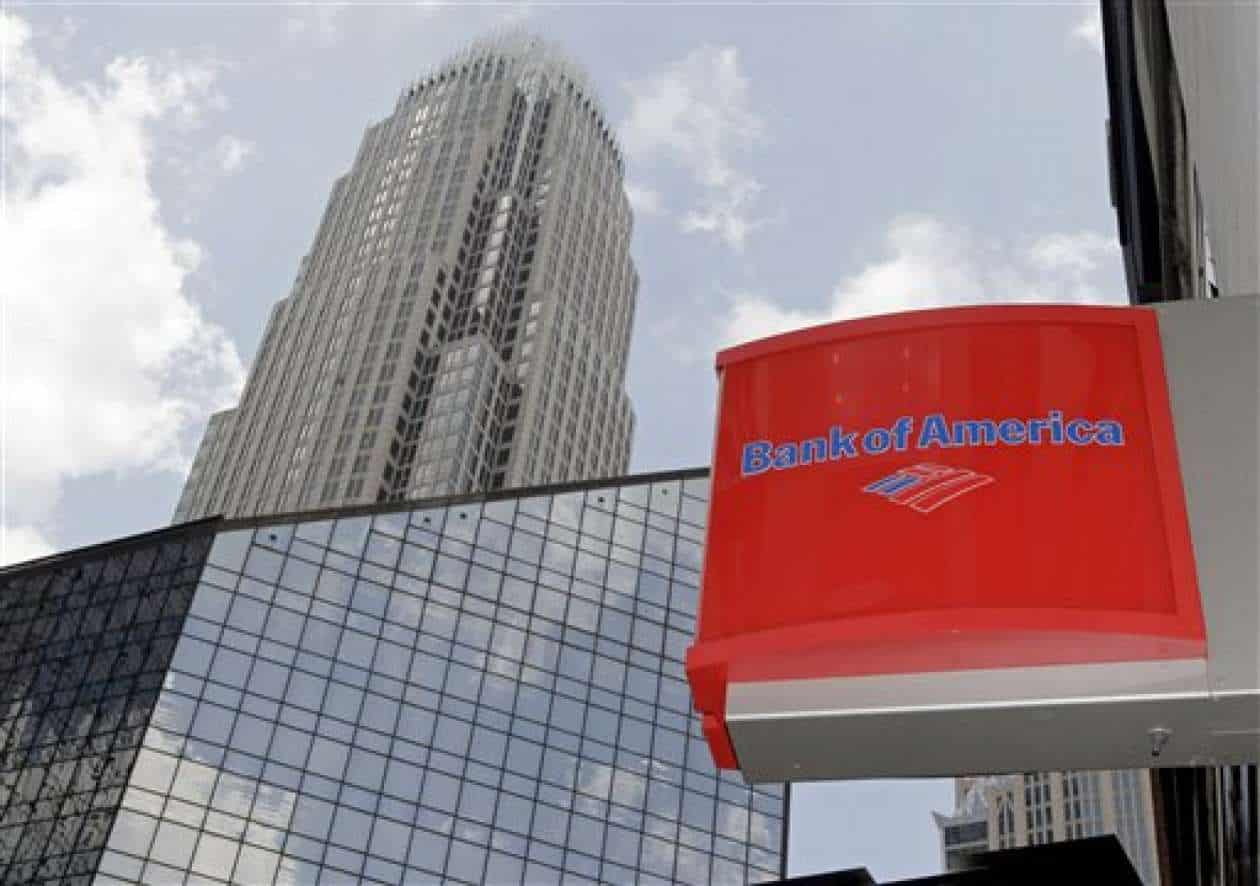Whistleblower lawsuits made public in recent weeks shed new light on abuses in the mortgage industry that led to — and continued well after — the housing crash in 2007.
The cases suggest that fraud inside the banking industry continued years after the meltdown, some as late as 2011. They have been made public as federal officials put the finishing touches on the $25 billion mortgage fraud settlement with five major lenders.
A suit unsealed March 7 alleges that Bank of America fraudulently misled borrowers and regulators in order to keep customers out of mortgage modifications that would have cost the bank money but potentially prevented foreclosures — making “a mockery of a program designed by Congress and the Treasury Department to help millions of struggling American homeowners,” the complaint stated.
As a condition of accepting $45 billion from the federal bank bailout, Bank of America promised to help move troubled borrowers into the taxpayer subsidized Home Affordable Modification Program (HAMP).
But that’s not what happened, according to the whistleblower suit filed by Gregory Mackler, formerly an employee of Urban Lending Solutions, the company Bank of America contracted to manage HAMP complaints.
Mackler claims the company developed a host of strategies to evade required HAMP modifications, using stalling tactics designed to run down the clock on the window of time borrowers were eligible for federally subsidized loan modifications.
The suit claims Bank of America:
- Told borrowers and regulators that a complaint was “under review” while internally classifying the files as incomplete.
- Parked cases with terminated or vacationing employees and sent payments to a “partial account” instead of crediting them to the loan, artificially inducing or prolonging a delinquent status.
- Tried to persuade borrowers that did qualify for HAMP to take a proprietary loan that came with much less favorable terms, a violation of the bank’s agreement with the government when it took the bailout money.
Mackler, the whistleblower, rarely saw complaints resolved by moving a homeowner into a HAMP loan, although he was able to resolve one borrower’s complaint after alerting top management that the homeowner was an underwriter for AIG and presented an elevated risk of litigation.
Another whistleblower case filed in 2009 but not unsealed until last month detailed how Countrywide Financial Corp., now owned by Bank of America, developed a scheme to inflate housing prices, which ultimately led to more foreclosures. Bank of America allegedly manipulated home evaluations with help from LandSafe, a Bank of America subsidiary of appraisers, and a home building company, KB Home.
Those inflated prices, the complaint alleges, included thousands of Federal Housing Administration backed loans, which were supposed to be reviewed by qualified appraisers. But the complaint alleges that the companies skirted federal law by using rookie appraisers lacking certification from the federal government.
These came to the attention of Kyle Lagow, a former appraiser supervisor at LandSafe, who tried unsuccessfully to get the company stop.
Instead, these relationships allowed Countrywide to “use its market power to pressure appraisers to inflate values to whatever Countrywide needed and punish appraisers who refused to ‘play ball,’” the complaint stated.
Countrywide also set up a review system of the appraisals that the complaint alleges were used to “create the illusion” of due diligence but instead allowed “for rewriting and inflating of any appraisal valuations.”
“To put it plainly, Countrywide made money by making loans,” the complaint claimed. “It worked aggressively and unlawfully to prevent a final appraisal from coming in with a valuation less than was necessary to close the loan.”
A third whistleblower case unsealed last month also addressed fraud involving FHA loans, this time involving Citibank. The company settled the complaint in February for $158 million. The case was based on a whistleblower complaint brought by former quality assurance manager Sherry Hunt.
Citibank accepted responsibility for failing to verify borrowers’ ability to make payments and endorsing loans with “serious defects.” This violated government standards and as a result, since 2004, more than 30 percent of loans originated or underwritten by Citibank went into default.
Citibank spokesperson Mark Rodgers said in a statement: “We take our quality assurance processes seriously and have pro-actively undertaken process improvements to ensure that they are as robust as possible.”
Bank of America did not respond to calls for comment.
The federal government has until March 16 to decide whether to join the Bank of America or Countrywide actions.
These cases highlight issues that have been explored by recent Center for Public Integrity investigations. One piece documented evidence that Countrywide worked to silence whistleblowers who tried to report forged documents, inflated income documentation and other misconduct. One of the highest-level employees to complain about fraud inside Countrywide was Mark Zachary, a former vice president who alleged appraisal problems similar to those described in Lagow’s lawsuit. Zachary and Bank of America reached a confidential settlement in 2009.
Another Center story looked at how homeowners are still struggling to deal with a faulty mortgage modification process.
The $25 billion mortgage fraud settlement by 49 state attorneys general and several federal agencies included Bank of America and Citibank, as well as JP Morgan Chase, Wells Fargo, and Ally Financial Inc. Although the formal papers have yet to be filed in court, the U.S. Department of Justice announced that under settlement, the majority of the funds would go to principal reductions and loan modifications to borrowers under water. And roughly 750,000 borrowers who lost their homes to foreclosure will receive $2,000.

